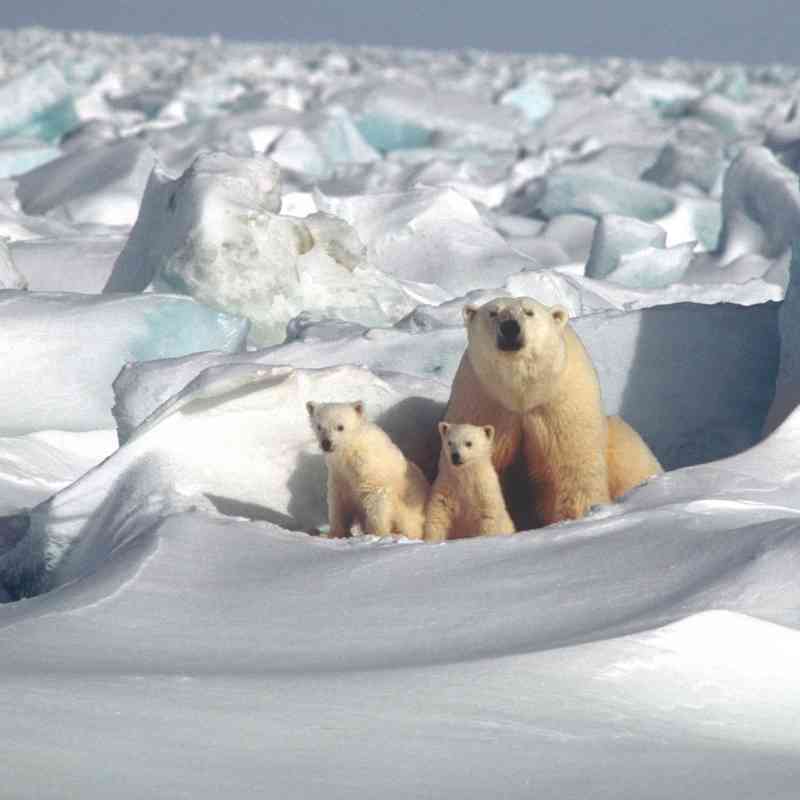Report focuses on the domestic impacts of climate change
The third National Climate Assessment (NCA) was released yesterday, and reports that climate change is taking a serious toll on ecosystems and biodiversity.
The NCA found that:
- “Ecosystems and the benefits they provide to society are being affected by climate change," and that "the capacity of ecosystems to buffer the impacts of extreme events like fires, floods and severe storms is being overwhelmed."
- “Landscapes and seascapes are changing rapidly, and species, including many iconic species, may disappear from regions where they have been prevalent, or become extinct, altering some regions so much that their mix of plant and animal life will become almost unrecognizable.”
- Climate change was seriously impacting our oceans, stating that “the rise in ocean temperature over the last century will persist into the future, with continued large impacts on climate, ocean circulation, chemistry and ecosystems,” and that increasing levels of acidity in the oceans “will alter marine ecosystems in dramatic yet uncertain ways.”
- Human-induced climate change will continue to occur and may accelerate with our continued use of fossil fuels.
The following is a statement from Vice President for Climate Change and Natural Resources Adaptation Noah Matson:
“Climate change is happening right now, each and every day, right here in our own backyards. The frequency of hurricanes, floods and other extreme weather is increasing at an alarming rate. Birds and other wildlife are changing their migration patterns, our oceans are becoming more acidic and each year we lose more and more of the polar ice that helps regulate our planet’s temperature.
“This latest National Climate Assessment makes it clear that if we are to preserve our precious natural heritage, we need to take action. We must cut down on the use of fossil fuels internationally, but we also need to prepare for future impacts here in the United States. Our nation needs to create and implement climate adaptation strategies that preserve both natural areas and our communities. Wildlife and natural resource managers need accurate and up-to-date information about how climate change is affecting habitat to create management plans that help wildlife adapt.
“The NCA is another sobering piece of evidence that our world is changing and we’re already experiencing the effects. The time to act is now.”
###
Defenders of Wildlife is dedicated to the protection of all native animals and plants in their natural communities. With more than 1.1 million members and activists, Defenders of Wildlife is a leading advocate for innovative solutions to safeguard our wildlife heritage for generations to come. For more information, visit www.defenders.org and follow us on Twitter @DefendersNews.
Defenders of Wildlife is celebrating 75 years of protecting all native animals and plants in their natural communities. With a nationwide network of nearly 2.2 million members and activists, Defenders of Wildlife is a leading advocate for innovative solutions to safeguard our wildlife heritage for generations to come. For more information, visit defenders.org/newsroom and follow us on Twitter @Defenders.
